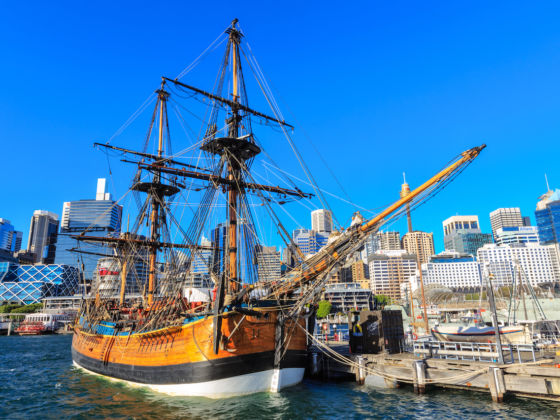Apologies are usually better immediately after the crime, rather than nearly 300 years later, but better late than never. In 1769, British Captain James Cook arrived on the east side of the Turanganui River, near modern Gisborne in New Zealand, and killed a group of at least eight local Maori people. Now, the British government has officially expressed its regret for the killings, with a private statement issued to local tribes by Laura Clarke, the British high commissioner.


The statement aligned with a government-funded commemoration of the 250th anniversary of Cook’s landing in New Zealand, which included a replica of his ship and a flotilla of other vessels — a celebration that, for some, may cause the “apology” to ring false.
The meeting between Clarke and local Maori groups nevertheless represents a landmark shift in the relationship between the British government and Maori people.
“What we did today,” said Clarke, “really acknowledged, perhaps properly for the first time, that nine people and nine ancestors were killed in those first meetings between Captain Cook and New Zealand Maori, and that is not how any of us would have wanted those first encounters to have happened.” She added that it was important to “acknowledge that the pain doesn’t diminish over time, and if you do that, if you look back to address the wrongs of the past, it equips you better I think to look to the future and build a partnership.”
Translation: “Credit to us for semi-apologizing 300 years later.”
The British government has a record of not addressing its controversial actions during the colonial period, so this statement does amount to a degree of progress. Clarke, who is in the process of learning the Maori language herself, has expressed her desire to repair the British-Maori relationship and right past wrongs. This “expression of regret” about Cook is, at least, a start.